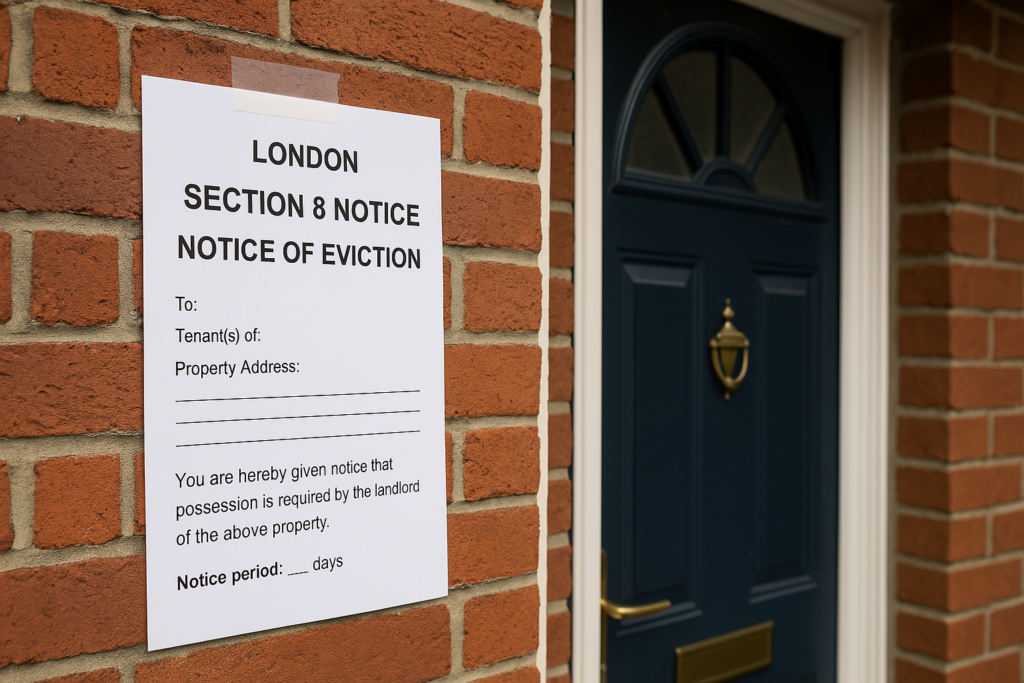When a person dies without leaving a valid will, they are said to have died intestate. In the United Kingdom, this triggers a strict set of rules known as the intestacy rules, which determine who inherits the deceased’s estate. These rules often do not reflect personal relationships or wishes, leading to outcomes many would find surprising or even unfair.
It is vital to understand how UK intestacy laws work to protect the interests of loved ones and ensure your estate is distributed as you intend.
Who Can Inherit Under the Rules of Intestacy?
The intestacy laws in England and Wales, governed by the Administration of Estates Act 1925, outline a priority order for inheritance. The estate is distributed among surviving relatives in a strict hierarchy:
Spouse or Civil Partner
If the deceased was married or in a civil partnership at the time of death, the surviving partner has the first claim on the estate.
If there are no children, the spouse inherits the entire estate.
If there are children, the spouse receives:
The first £322,000 of the estate.
All personal possessions.
Half of the remaining estate, with the other half going to the children in equal shares.
Children or Direct Descendants
Without a surviving spouse, children inherit the entire estate in equal shares. If a child has already died, their children (the deceased’s grandchildren) inherit their parent’s share.
Importantly, adopted children are treated the same as biological children. However, stepchildren who were not legally adopted do not have automatic inheritance rights under intestacy.
Other Family Members
If there is no surviving spouse or children, the estate passes in the following order:
Parents
Siblings (or their children if siblings have died)
Half-siblings
Grandparents
Aunts and Uncles (or their children if they have died)
Half Aunts and Uncles
Each group must be fully exhausted before moving on to the next.
Who Cannot Inherit Under Intestacy Rules?
The following individuals have no automatic right to inherit if the deceased dies intestate:
Unmarried partners (including long-term cohabitees)
Stepchildren
Close friends
Carers
Godchildren
Even if a person had a strong emotional or financial connection to the deceased, they are not entitled to inherit under intestacy unless named in a valid will.
Legal Rights of Unmarried Partners and Dependants
If you were living with the deceased as a couple but were not married or in a civil partnership, you may feel deeply unfairly treated by intestacy rules.
Fortunately, legal recourse may be under the Inheritance (Provision for Family and Dependants) Act 1975.
This law allows specific individuals—such as cohabiting partners, dependants, or those financially maintained by the deceased—to apply to the court for reasonable financial provision from the estate.
However, this process can be lengthy, expensive, and emotionally draining, particularly during a time of grief.
What Happens to the Estate if No Relatives Can Be Found?
If no eligible relatives can be identified, the estate becomes bona vacantia, which is passed to the Crown.
The Treasury Solicitor then handles the assets. While it is possible for someone to make a discretionary claim to the Crown, this is rare and difficult to achieve without significant evidence of entitlement.
Intestacy and Joint Assets
Certain types of property do not pass through intestacy because they are automatically transferred outside the deceased’s estate:
Joint Tenancy Property: Property held as joint tenants passes directly to the surviving joint owner.
Joint Bank Accounts: These are usually passed on to the surviving account holder, depending on the account type.
Life Insurance and Pensions: If these have a named beneficiary, they do not form part of the estate.
Understanding how assets are owned and titled is crucial, as this significantly affects who receives them upon death.
The Role of the Personal Representative
When someone dies intestate, an administrator (rather than an executor, as in a will) is appointed to deal with the estate. This person is usually the closest living relative, such as a spouse or child, and must apply for a Grant of Letters of Administration from the Probate Registry.
Once granted, the administrator has the legal authority to:
Access the deceased’s assets
Pay debts and taxes
Distribute the estate according to the intestacy rules
This process can be complex and time-consuming, mainly if the estate is large or there are disputes among potential heirs.
Tax Implications of Dying Intestate
The estate may be liable for Inheritance Tax (IHT) if its value exceeds the current £325,000 threshold (as of 2025).
The absence of a will can also limit the use of IHT planning strategies, such as:
Charitable donations (which are tax-exempt)
Gifts to non-spouse beneficiaries
Trust structures
A professionally drafted will often include provisions to minimise IHT liability, ensuring more estate reaches the intended beneficiaries.
Intestacy in Scotland and Northern Ireland
While similar in structure, intestacy laws differ slightly in Scotland and Northern Ireland:
In Scotland, the surviving spouse may be entitled to prior rights, such as a share of the home, household contents, and a cash sum.
Northern Ireland follows a similar hierarchy to England and Wales but with different financial thresholds.
It is essential to check the specific rules depending on where the deceased was domiciled.
How to Avoid Intestacy: The Importance of Making a Will
Avoiding the complications of intestacy is entirely possible by creating a valid will. A properly drafted will:
Ensures your wishes are followed
Provides for unmarried partners and stepchildren
Reduces legal disputes
Can include guardianship for minor children
Helps with inheritance tax planning
Even if your estate seems straightforward, intestacy rules rarely align with modern family dynamics. A will allows you to take control and provide certainty for your loved ones.
Frequently Asked Questions
What does it mean to die intestate?
To die, intestate means to die without a valid will. In such cases, the law decides who inherits the estate based on fixed intestacy rules.
Who inherits if there is no will in the UK?
If there is no will, the estate is distributed to the deceased’s closest relatives in a set order:
Spouse or civil partner
Children
Parents
Siblings
Extended family (e.g., uncles, aunts)
Unmarried partners, stepchildren, and friends do not inherit under these rules unless legally adopted or named in a valid will.
Can my unmarried partner inherit anything if I don’t have a will?
No, unless assets are jointly owned or they can make a claim under the Inheritance (Provision for Family and Dependants) Act 1975.
Unmarried partners are not automatically entitled under intestacy rules.
What happens if I have no living relatives?
If no living relatives can be found, your estate becomes bona vacantia, meaning it goes to the Crown.
The government may inherit all your property, money, and possessions.
Do stepchildren inherit under intestacy rules?
No, stepchildren do not have any legal right to inherit under intestacy unless legally adopted. A valid will is required to leave assets to stepchildren.
Can I challenge the intestacy rules?
In some cases, yes. Individuals such as dependants, cohabiting partners, or those financially supported by the deceased may apply to the court for financial provision under the 1975 Act.
Do jointly owned properties go through intestacy?
If a property is held as joint tenants, it will automatically pass to the surviving owner. If owned as tenants in common, the deceased’s share forms part of the estate and may be subject to intestacy rules.
How do I become the administrator of someone’s estate?
You must apply for a Grant of Letters of Administration from the Probate Registry. This gives you the legal authority to manage the estate.
Is inheritance tax still payable if there’s no will?
Yes. The Inheritance Tax (IHT) rules still apply. Estates over £325,000 may be subject to IHT; without a will, it’s harder to plan or reduce this liability.
How can I avoid my estate being distributed under intestacy rules?
The only way to avoid intestacy is to make a valid will. This ensures your wishes are respected and your loved ones are protected.
Final Thoughts
Dying without a will can cause emotional, financial, and legal stress for the people you leave behind. The intestacy rules in the UK follow a rigid formula that ignores many modern relationships and dependencies.
Without a will, your estate could end up in the hands of distant relatives—or even the Crown—leaving close loved ones with nothing.
If you have assets, children, or specific wishes, making a will is not just wise but essential. Seeking advice from a legal professional can ensure your estate is protected and your legacy secured.
Read our other Blogs:
Forgery Or Fraudulent Wills: How To Detect And Challenge A Fake Will In The UK
Choosing The Right London Estate Agent: What You Must Know





